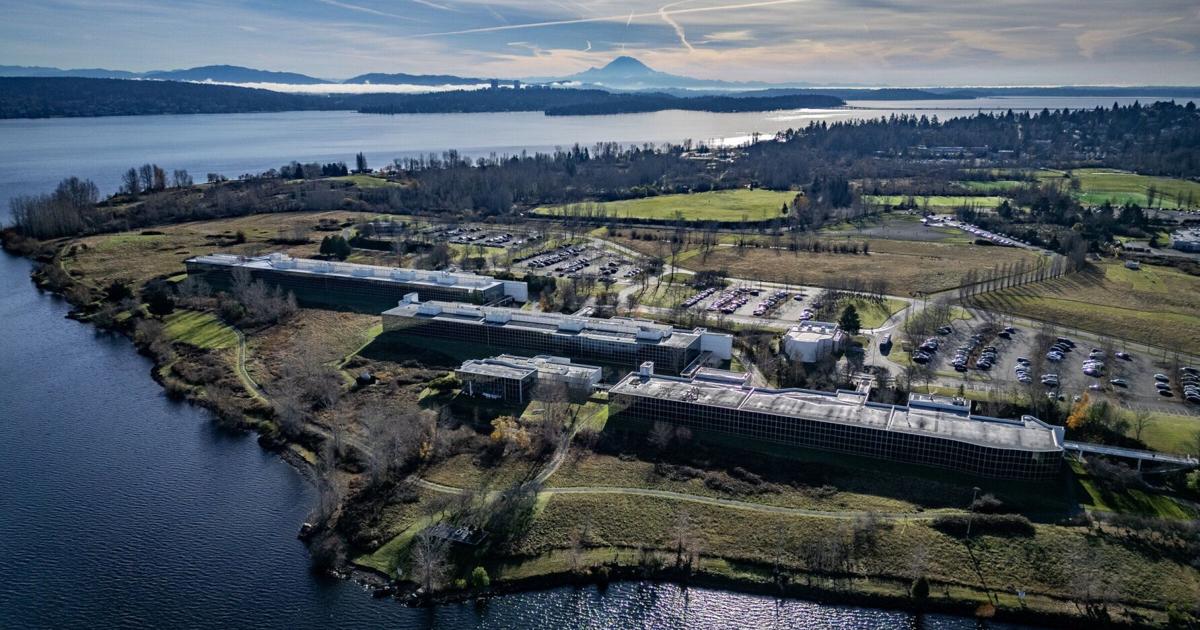While the idea is good, the execution has been amateurish and flawed.
Since Donald Trump returned to the presidency in January, his administration has sought to reduce federal spending, remake the federal bureaucracy and root out fraud and waste. The goals are admirable — and in many cases necessary. But the specious and chaotic nature of the efforts by Trump and the Department of Government Efficiency will have negative consequences on the quality of life throughout the Northwest.
In one example, Sen. Maria Cantwell, D-Wash., has pointed out the danger of cuts to the National Weather Service. The agency, which plays a role in predicting wildfires, has lost 560 employees in recent months through layoffs and retirements.
“We’re very concerned about the administration slashing a workforce that is essential for weather forecasting that affects both hurricane and wildfire seasons,” Cantwell said. “We need the National Weather Service to be appropriately staffed and funded and appropriate people to give us the lifesaving information that we need.”
Adding to the concern is a recent comment by David Richardson, acting head of the Federal Emergency Management Agency, that he was unaware the United States had a hurricane season. Some interpreted the remark as a joke, but it adds to the perception that the administration tends to hire incompetent and unqualified people for important positions.
Meanwhile, other changes by the Trump administration hit close to home in Washington:
— A leaked White House memo outlines the president’s vision for a “leaner” National Oceanic and Atmospheric Administration budget that would slash funding for a key salmon recovery effort. A policy adviser for Oregon Gov. Tina Kotek told The Columbian: “Any cuts that are made to NOAA’s programs will have devastating consequences for salmon recovery in Oregon and across the region.”
— The Big Beautiful Bill Act, a budget proposal passed by the House of Representatives and pending in the Senate, includes changes to the Supplemental Nutrition Assistance Program. The state Department of Social and Health Services estimates that 900,000 people in Washington could see reductions in benefits and their ability to purchase food.
— Staffing at federal sites ranging from national forests to Crater Lake National Park in Oregon has been reduced, leaving popular tourist destinations ill-equipped for the summer rush.
There are numerous other examples, with many of them illegally overturning spending approved by Congress. And the situation has created problems for the administration. On Friday, The Washington Post reported: “Across the government, the Trump administration is scrambling to rehire many federal employees dismissed under DOGE’s staff-slashing initiatives after wiping out entire offices, in some cases imperiling key services such as weather forecasting and the drug approval process.”
Meanwhile, the benefits of DOGE cuts under the since-departed Elon Musk are difficult to quantify. The organization claims it enacted savings of $175 billion; independent analysts place the range between $16 billion and $80 billion. The savings are important, but in a federal budget of $6.75 trillion they are hardly significant.
Trump supporters likely welcome any trimming along the edges of federal spending; you need to start somewhere. But they should be willing to question whether the chaos created by the process is worth the effort. In Washington, we are about to find out.
